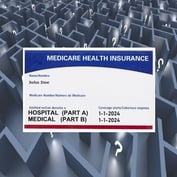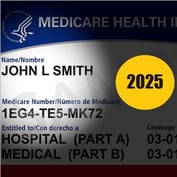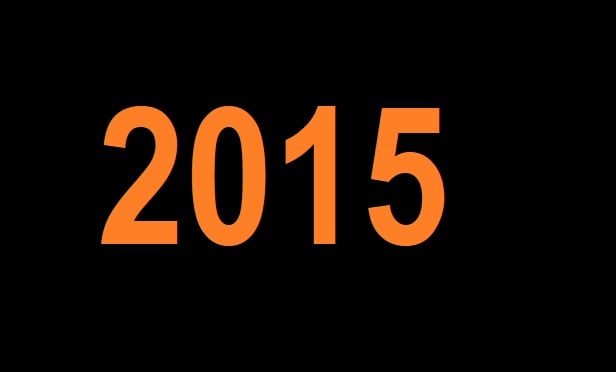Medicare supplement issuers seem to be putting more applicants through medical underwriting, and rejecting more of the consumers who apply for coverage.
Gen Re — a reinsurer that’s part of Berkshire Hathaway — has published data supporting that possibility in a new report on the 2018 market for Medicare supplement insurance, or Medigap coverage, and in a similar report, released about a year ago, on the 2017 Medigap market.
(Related: Active Medicare Supplement Issuers Are Smokin’ Hot: Gen Re)
Gen Re analysts have based those reports on voluntary Medigap issuer surveys.
Gen Re found that 38.5% of the participating issuers’ premiums from new 2018 Medigap sales came from medically underwritten coverage, up from 37.5% in 2017.
The percentage of underwritten applicants declined increased to 18.4%, from 15.9% in 2017.
The apparent increase in use of medical underwriting in 2018 may be a statistical blip: Older Gen Re survey reports show that company put more than 43% of Medigap applicants through medical underwriting in 2015 and 2016.
But the 2018 declined rate appears to be higher than in the past.
Gen Re reported a declined rate of 16.2% for 2016, and a declined rate of just 13.8% for 2015.
Medigap issuers also classify some applications as being incomplete, and they approve applications submitted by some consumers who decide against taking up coverage. But the overall 2018 “approved and placed” rate for medically underwritten applicants appears to be the lowest Gen Re has recorded since at least 2014.
For a look at what happened to the Gen Re survey participants’ approved and placed rates for medically underwritten Medigap applications, for 2014 through 2018, see the data cards in the slideshow above.
The Medigap Program
The original Medicare Part A hospitalization program and the original Medicare Part B outpatient and physician services programs expose the enrollees to many deductibles and other cost-sharing requirements.
Enrollees in the original Medicare program can buy insurance policies from private issuers to fill in the out-of-pocket cost holes.
All applicants can buy Medigap coverage on a guaranteed-issue basis when they first become eligible for Medicare, and in some other circumstances. Whether than they must go through medical underwriting at other times depends on state laws. The only states that require all Medigap policies to be sold without medical underwriting are Connecticut, Maine, Massachusetts and New York, according to the Henry J. Kaiser Family Foundation.
The Survey
The Gen Re survey program managers say they based both the 2017 survey report and the 2018 survey report on figures reported in 52 completed issuer questionnaires.
The participating issuers reported a total of $1.6 billion in new Medigap sales for 2018, down 3.2% from the total for 2017. The number of new enrollees fell 3.7%, to 991,000.
Revenue from in-force policies increased 6.6%, to $24 billion, and the number of people covered by the in-force policies increased 4.3%.
Gen Re did not give a figure for the total number of people covered by the in-force Medigap policies.
Resources
Links to Gen Re Medigap market reports are available here.
— Read Gen Re: Medigap Issuers Forecast Stability, on ThinkAdvisor.
— Connect with ThinkAdvisor Life/Health on Facebook, LinkedIn and Twitter.







 September 19, 2019 at 03:55 PM
September 19, 2019 at 03:55 PM


















 Slideshow
Slideshow





